Blog
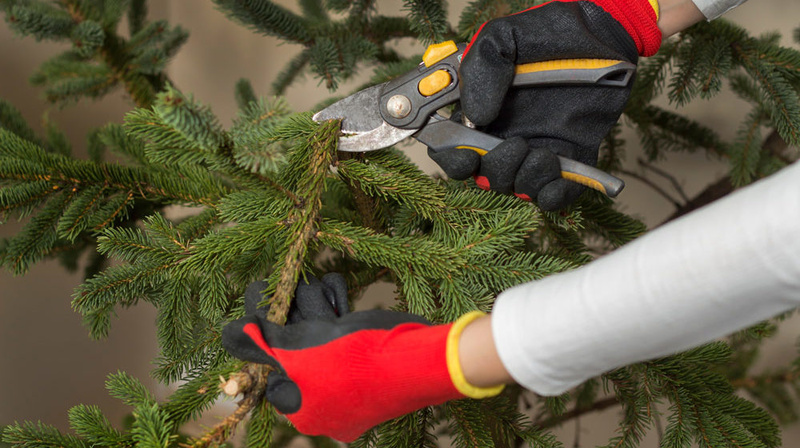
Gifts for Gardeners
It’s that gift-giving time of year! Got a green thumb to buy for? Check out our suggestions. We have several small tools to recommend as well as ideas for protective clothing and accessories. If those don’t work, consider giving digital or print subscriptions to landscaping magazines.
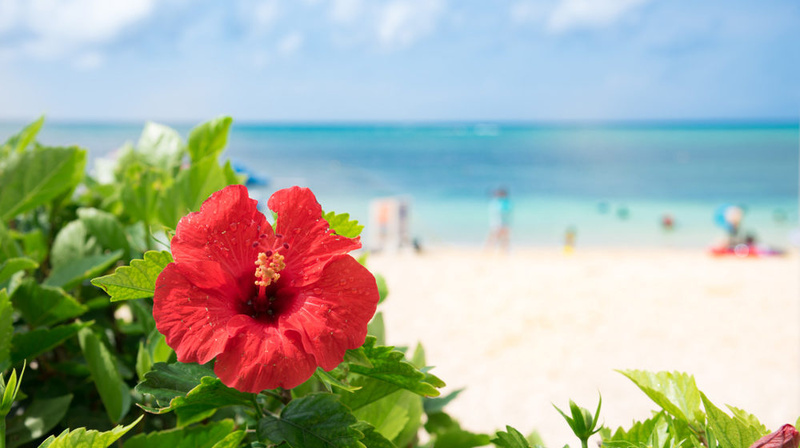
Want the Tropics? Plant Hibiscus!
Hibiscus is the quintessential tropical plant that makes most people think of Hawaii and vacation. Plant some in your yard and enjoy vivid blooms and greenery for many months of the year. In this blog, we talk about three main types of hibiscus, including cold-hardy varieties.
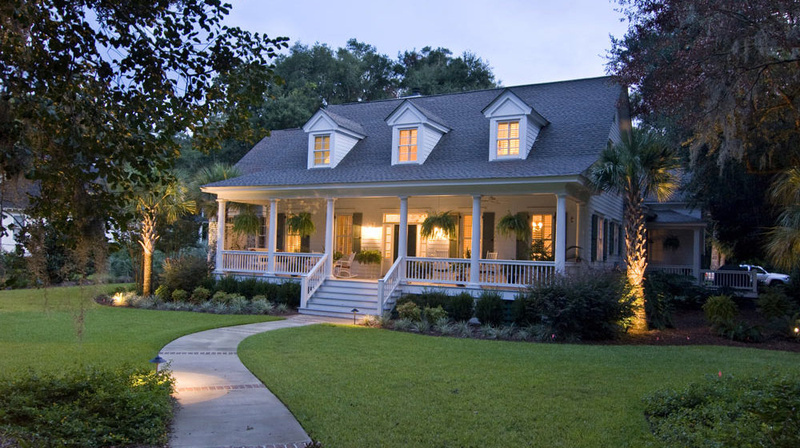
Landscape Lighting to Keep You Safe
Landscape lighting around homes and properties helps to discourage intruders—it’s harder to sneak unseen across an illuminated yard. It also prevents visitor accidents—people tripping on roots, steps, and pathway edges. Install lamp posts, floodlights, and solar-powered pathway lights.
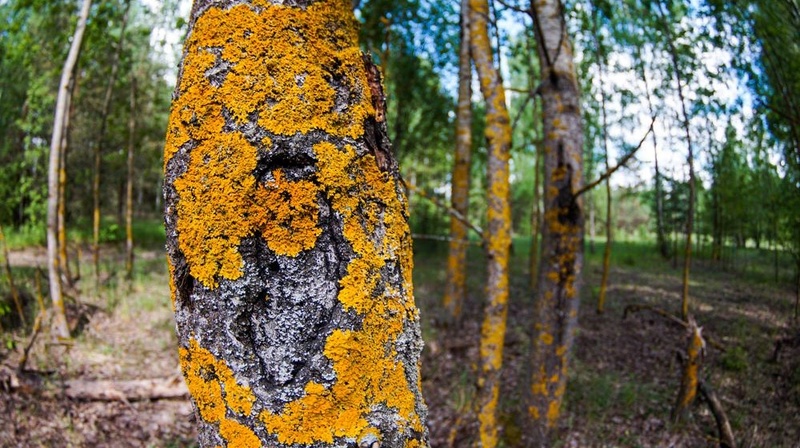
Do You Have a Troubled Tree?
Protect the trees on your property by keeping an eye on them. If you see trunk cavities or fungal conks, or if sections of a tree are dying, reach out to a professional for help. An arborist will help you know what to do.
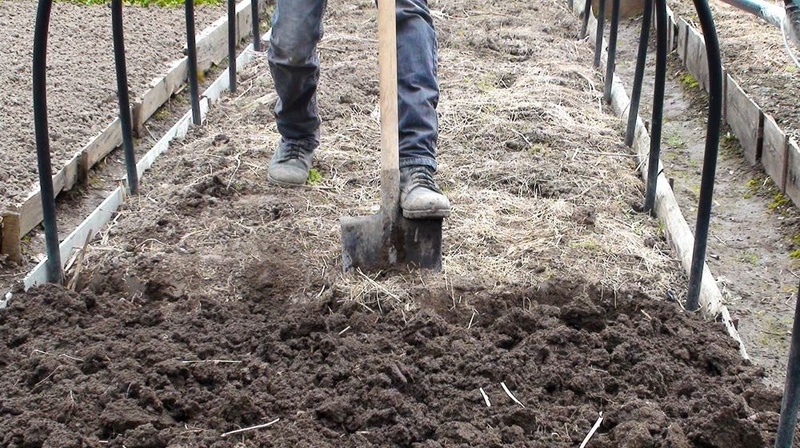
The Dirt on Florida Soils (and How to Improve Yours)
Florida gardeners with clay soil or sandy dirt will struggle to grow healthy plants unless they amend their earth with organic matter. Clay and sandy soils are found in the central and northern areas of the state. The peaty ground in South Florida needs fewer amendments.
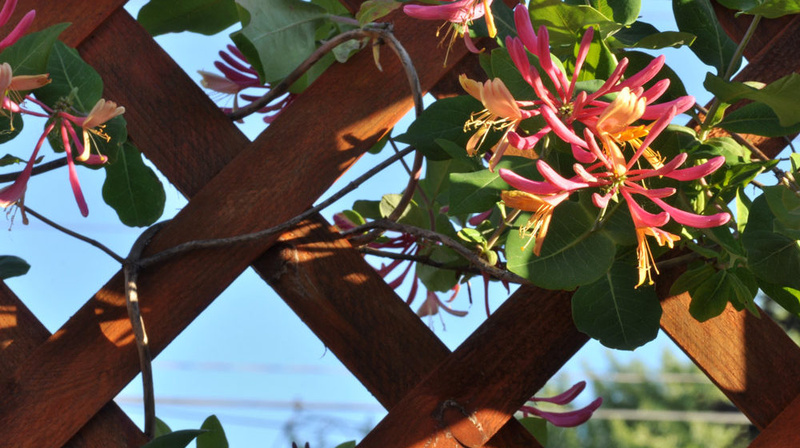
Vines for all Structures
Add texture, color, and romance to your landscaping with the installation of climbing vines. Grow them on trellises, arbors, pergolas, and fences. You can find vines that flourish across the spectrum of conditions, including full sun, deep shade, and salty air.
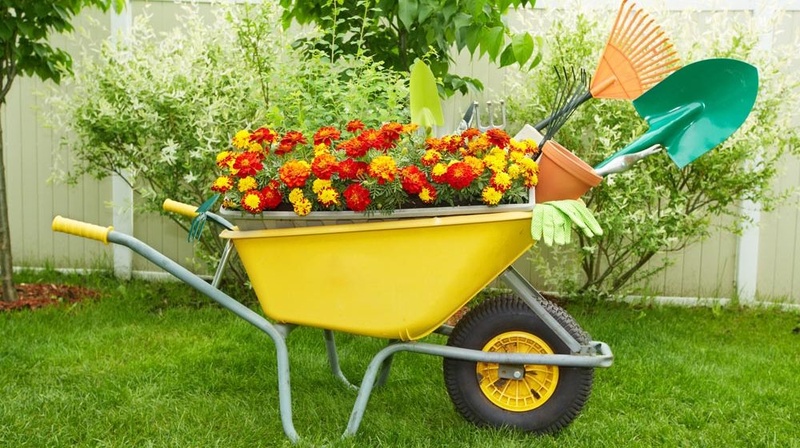
Your Fall Landscaping Task List
Prepare now for fall landscaping tasks. Calendar the projects, purchase supplies, and get equipment ready. You will be final-fertilizing lawns, monitoring pest activity, and dialing in irrigation schedules. You may also choose to switch out annuals and add new shrubs and trees.
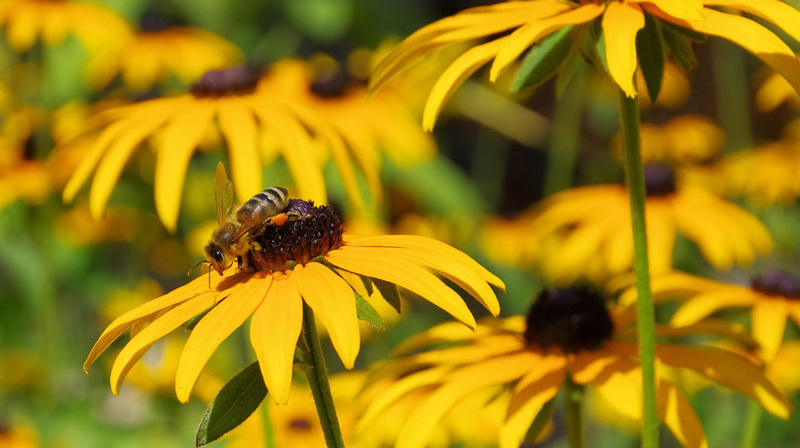
Plant a Pollinator Garden
Pollinating insects are responsible for the production of vegetables, fruits, and nuts that we eat every day. Pollinator gardens provide food and shelter for these insects. Whether you choose a patio planter or a backyard bed, you can create a pollinator garden of your own.
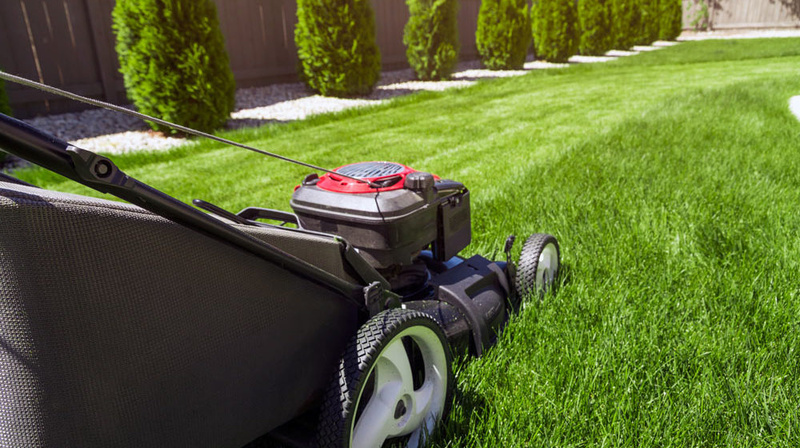
Mowing a Lawn: How High, How Dry?
Yes, there are right ways and wrong ways to mow a lawn. Check out the deets in this blog, where we talk about proper mowing heights, best times of day to mow, and whether you should mulch or bag those lawn clippings.
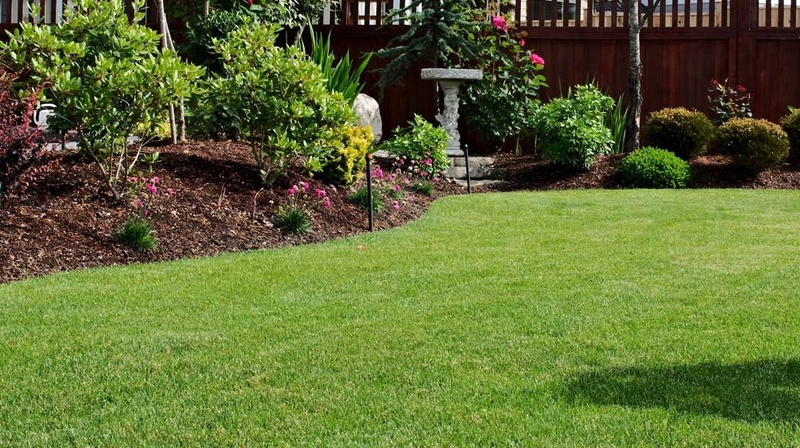
Earthworks: Adding Contours to Your Landscaping
An earthwork such as a berm or mound can add pleasing contours to a flat Florida yard. Installing one takes a little planning, a little ground prep, and a lot of dirt. The first question to ask yourself is if your property has room for one.